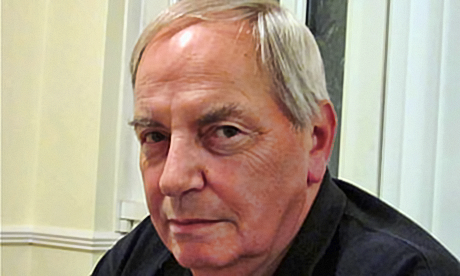Congregation for the Doctrine of Faith, Doctrinal Note on some questions regarding The Participation of Catholics in Political Life
The Congregation for the Doctrine of the Faith, having received the opinion of the Pontifical Council for the Laity, has decided that it would be appropriate to publish the present Doctrinal Note on some questions regarding the participation of Catholics in political life.
This Note is directed to the Bishops of the Catholic Church and, in a particular way, to Catholic politicians and all lay members of the faithful called to participate in the political life of democratic societies.
Central points in the current cultural and political debate – Doctrinal notes
It is not the Church’s task to set forth specific political solutions – and even less to propose a single solution as the acceptable one – to temporal questions that God has left to the free and responsible judgment of each person.
It is, however, the Church’s right and duty to provide a moral judgment on temporal matters when this is required by faith or the moral law.
When political activity comes up against moral principles that do not admit of exception, compromise or derogation, the Catholic commitment becomes more evident and laden with responsibility.
In the face of fundamental and inalienable ethical demands, Christians must recognise that what is at stake is the essence of the moral law, which concerns the integral good of the human person.
This is the case with laws concerning abortion and euthanasia (not to be confused with the decision to forgo extraordinary treatments, which is morally legitimate).
Such laws must defend the basic right to life from conception to natural death.
In the same way, it is necessary to recall the duty to respect and protect the rights of the human embryo.
As is stated by The Congregation for The Doctrine of the Faith it is a serious sin to vote for a candidate or party who proposes a policy that is contrary to the Church’s teachings on abortion or euthanasia.
Whilst it is essential that an elector must be aware in conscience that God alone is the Lord of life from its beginning until its end every Catholic should know the Fifth Commandment, Thou Shall Not Kill.
This is not just a matter that can be left to an uneducated conscious but requires the clergy to exercise its commitment to teach God’s law.
Our NZ Bishops appear to disagree with this teaching and they say “Certainly, it is not sinful to vote for the party or candidate you think is most suitable overall, even if that candidate or party advocates free abortion or euthanasia.”
They then refer to a clarification on this matter by Cardinal Raymond Burke (who says “Catholics who support pro-abortion candidates participate in a grave evil. They must show a change of heart and be sacramentally reconciled or refrain from receiving Holy Communion.”) and say that Cardinal Burke is caught up in uncharitable warfare and is an extremist.!!!
Prefect of the Sacred Tribunal of the Apostolic Signatura and the President of the Advisory Board of the Dignitatis Humanae Institute Cardinal Raymond Burke could be wrong but he is fairly senior and one would assume qualified to speak on these matters.
As the New Zealand elections are fast approaching I would like to see some further advice from our Bishops advising the laity, for whom they have a Sacred responsibility, not who to vote for but who NOT to vote for, to avoid mortal sin.
Joe Hannah
Additional readingNews category: Analysis and Comment.




